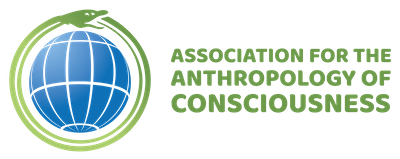Jacqueline M Siven – Florida International University
Yoga is practiced across the nation in fitness centers and private studios, with a significant market niche in clothing as well as celebrity proclamations of yoga’s effectiveness. Yoga practice and its related belief systems have become an integral part of life for many in the United States and, as used by some, it is just one form of complementary and alternative medicine (CAM). It is a multidimensional practice, of which all aspects have the potential to affect health beliefs and practices. In 2010, I undertook an anthropological research study, including participant observation and semistructured interviews, with 26 long-term yoga practitioners in a Florida yoga center investigating the impact of yoga practice on health beliefs and health careseeking behavior. My research findings demonstrate that long-term yoga practitioners utilized yoga and other systems of CAM to address health needs that were not met by mainstream biomedical approaches. Underlying perspectives that drive yoga practitioners to engage in particular health practices revealed a pluralistic health care-seeking approach among yoga practitioners, driven by common health experiences, namely: (1) disenchantment and mistrust of bio-medicine, (2) the quality of patient-provider relations, and (3) self-care and “being your own doctor.” This research contributes to the understanding of the pluralization of health care-seeking practices wherein disenchantment with biomedicine drives individuals to devise pragmatic individualized strategies outside “the system” to pursue other forms of healing. Understanding motivations behind particular forms of healthcare utilization is useful in health promotion and contributes to the current healthcare policy debates. [Text Originally in the AAA 2013 Program]
